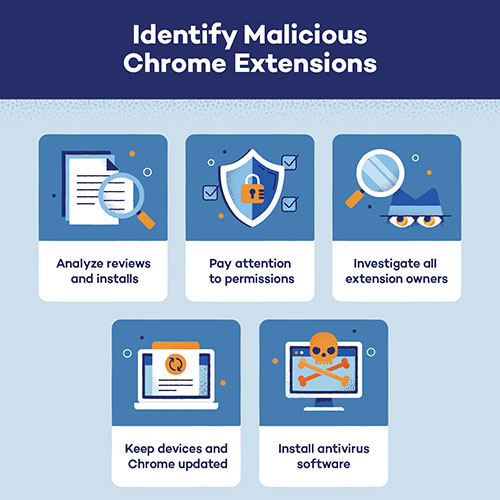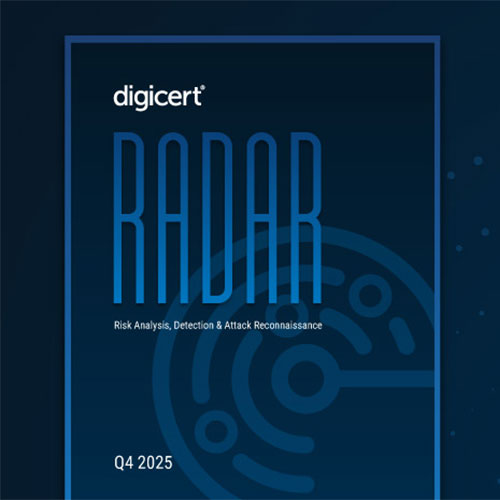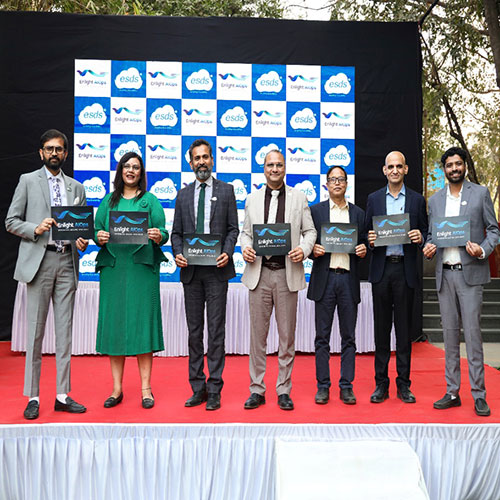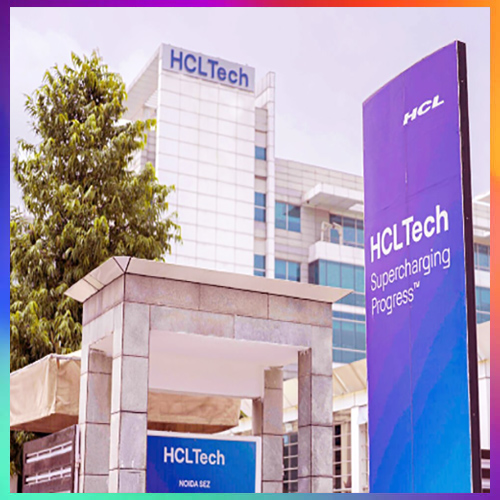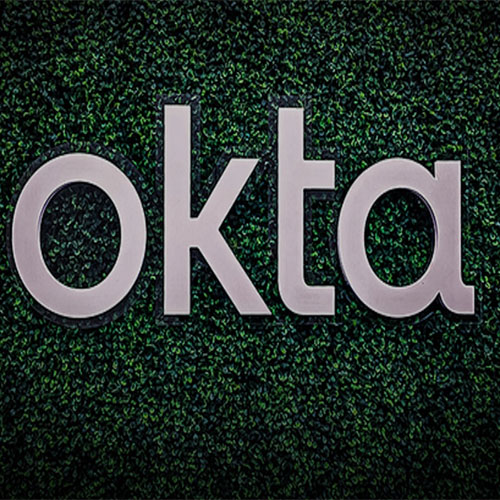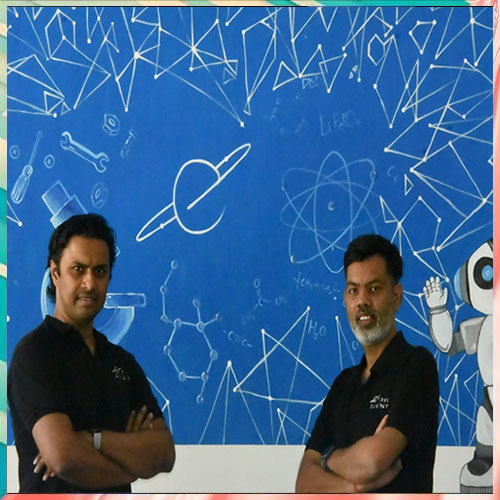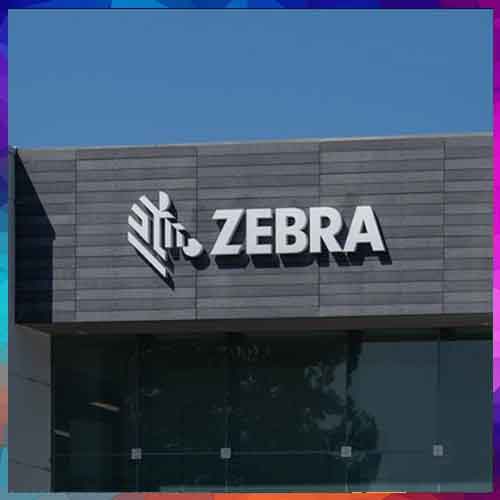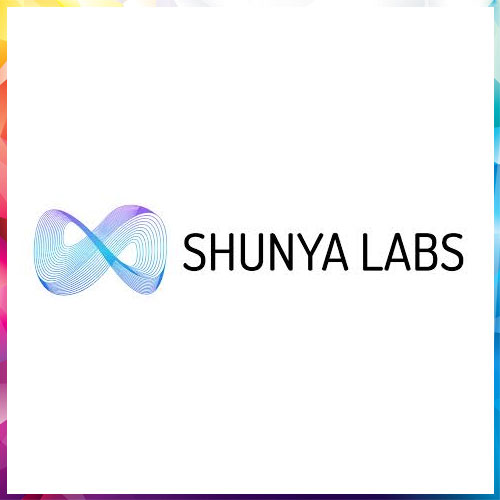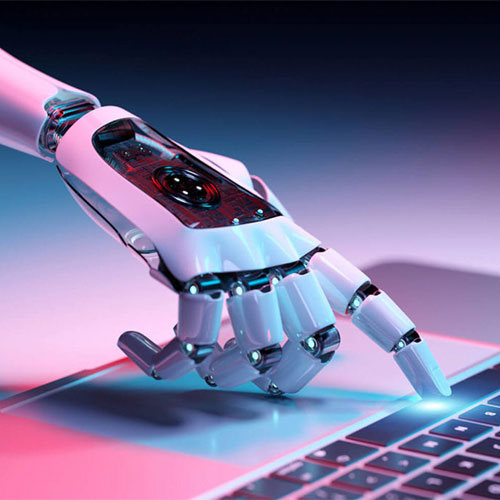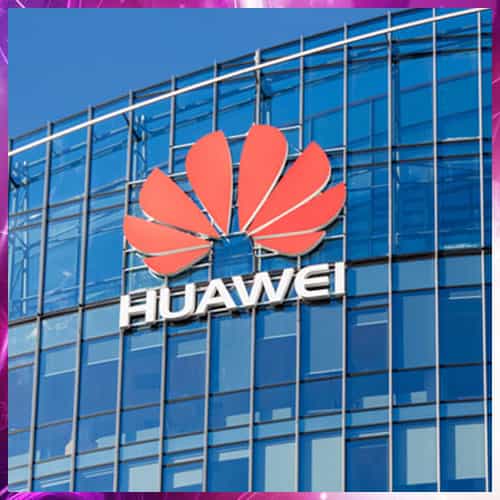
Huawei's artificial intelligence research division has denied claims that a version of its Pangu Pro large language model has copied elements from an Alibaba model. Huawei claimed that it was independently developed and trained.
The division, called Noah Ark Lab, issued the statement following an entity called HonestAGI posted an English-language paper on code-sharing platform Github, saying Huawei's Pangu Pro Moe model showed "extraordinary correlation" with Alibaba's Qwen 2.5 14B.
The paper published suggested that Huawei's model was derived through "upcycling" and was not trained from scratch, prompting widespread discussion in AI circles online and in Chinese tech-focused media.
The paper added that its findings indicated potential copyright violation, the fabrication of information in technical reports and false claims about Huawei's investment in training the model.
In its statement, Noah Ark Lab said that the model was "not based on incremental training of other manufacturers' models" and that it had "made key innovations in architecture design and technical features." It is the first large-scale model built entirely on Huawei's Ascend chips, it added.
It also said that its development team had strictly adhered to open-source license requirements for any third-party code used, without elaborating which open-source models it took reference from.
Huawei entered the large language model arena early with its original Pangu release in 2021, and has since been perceived as lagging behind rivals.
See What’s Next in Tech With the Fast Forward Newsletter
Tweets From @varindiamag
Nothing to see here - yet
When they Tweet, their Tweets will show up here.





